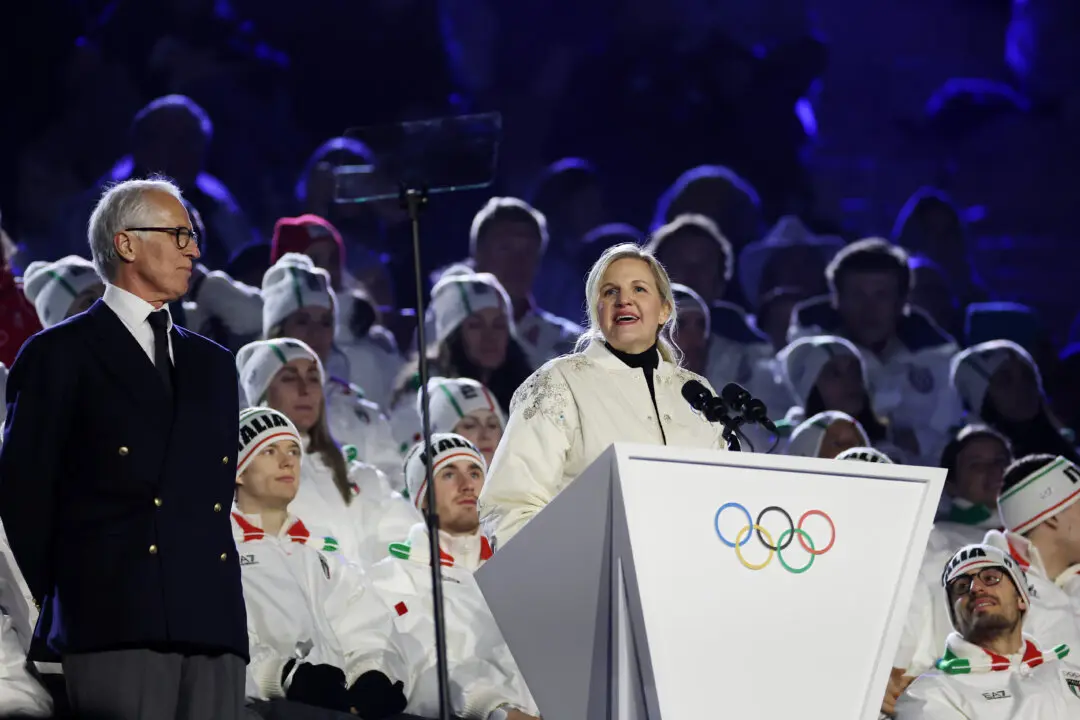UNITED NATIONS—The U.N. chief is taking aim at sexual abuse by peacekeepers, calling it “one of my greatest disappointments” and saying he will repatriate the troops of countries that don’t act on allegations. The U.N. has already started to suspend payments to countries when allegations are credible.
Ban Ki-moon’s statements are in response to the first comprehensive assessment of peacekeeping in 15 years and largely agree with a high-level panel’s suggestions for a major overhaul. The U.N. has more than 105,000 troops and police in 16 missions in some of the world’s most dangerous places. Member states contribute the personnel and receive monthly payments in return.
The report with Ban’s response was intended for public release Friday, but The Associated Press found it on a U.N. website Thursday.
It comes as President Barack Obama prepares to host a major U.N. meeting later this month aimed at drawing European and other developed countries back to peacekeeping with their funding and skills in intelligence-gathering, engineering, air support and medical care.
Though more peacekeepers have been deployed than ever before, “proliferation of conflict is outpacing our efforts,” Ban wrote. It can take several months after a mission is authorized for peacekeepers to arrive. Not everyone comes properly equipped and trained. There is no current system for vetting peacekeepers for past abuses. Peacekeepers have been shown to rarely use force to protect civilians.
This summer’s high-profile series of allegations of sexual abuse by peacekeepers, including of minors, in Central African Republic has caused another layer of concern as the U.N. tries to reshape a peacekeeping system that costs about $8.2 billion this year alone.
“I will repatriate contingents where there is a demonstrated pattern of abuse or non-response to allegations of misconduct,” Ban’s report says.
The U.N. chief announces several other changes around the issue: From now on, countries that are repeatedly listed in his annual reports on children and armed conflict, and on conflict-related sexual violence, will not be allowed to participate in peacekeeping.
By the end of this year, “immediate response teams” will be established to gather evidence within 72 hours of a sexual misconduct allegation. Investigations, which have averaged a year or more, must be completed within six months. A plan for vetting troops and police for past sexual misconduct will be developed by the end of this year.
Member states have the sole responsibility to prosecute their troops, but a U.N. investigative report released this summer showed that countries can take little action. “I urge member states to hold court-martials in host countries as a measure of visible accountability,” Ban wrote.
The U.N. chief again declared his intention to start naming the countries whose peacekeepers have been accused of sexual misconduct — but after consulting with member states on how to do so.
Reflecting that pressure from member states, a peacekeeping spokesman on Thursday said the U.N. was not making public the names of countries whose payments have been suspended over credible allegations of sexual misconduct by their troops. The spokesman said that so far, member states have been informed in 14 cases of the decision to suspend payments.
The issue of sexual misconduct also should be on the agenda when the U.N. Security Council meets with troop and police contributing countries, Ban wrote.
Addressing another persistent issue, Ban says that when a mission has an explicit mandate to protect civilians, uniformed personnel must do it, even by using force if necessary.





